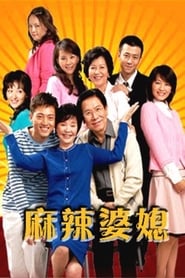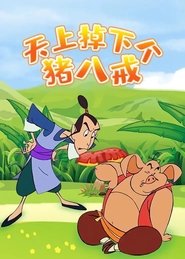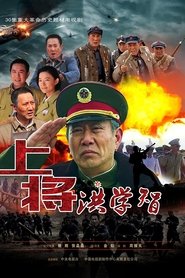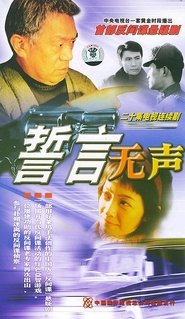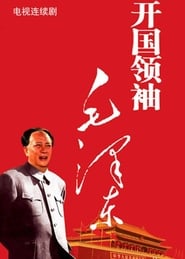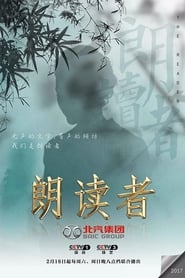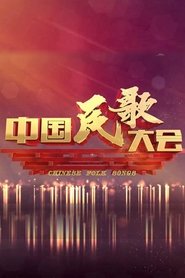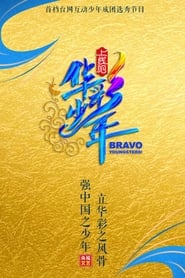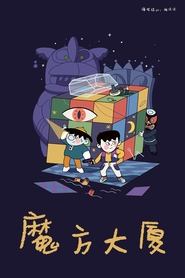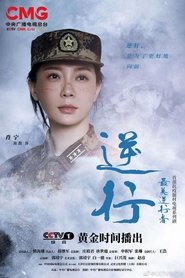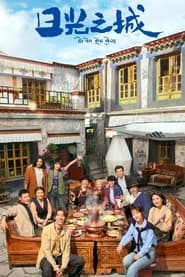Cctv 1 TV Series - Page 9
-
Spicy Mother-in-Law and Daughter-in-Law
2006
star 7.5This is a drama about the everyday ups and downs of life and the complex network of relationships within a family. The story begins with Ou Da Liang's marriage to psychiatrist Wu Rui. Da Liang's mother strongly disapproves of her new daughter-in-law and always laments about how great Da Liang's ex-girlfriend was... -
上将洪学智
2019
上将洪学智
2019
-
Aerial China
2017
star 8The large-scale aerial documentary "Aerial China", produced by CCTV and contracted by CCTV Records International Media Co., Ltd., is a documentary film that overlooks China from an aerial perspective and comprehensively and stereoscopically displays History of China's historical and cultural landscape, natural and geographical features, and economic and social development and changes. The series consists of 34 episodes, each lasting 50 minutes, covering 23 provinces, 5 autonomous regions, 4 municipalities, and 2 special administrative regions across the country. This film will be entirely completed through aerial photography, with each episode selecting the most representative and ornamental historical, cultural, natural, and modern landscapes from various provinces and cities. Using aerial flight routes as clues, it will showcase a beautiful China, ecological China, and civilized China that the audience is familiar with and full of freshness through storytelling. -
誓言无声
2002
誓言无声
2002
-
The Great Challenge
2015
star 10"The Great Challenge" is a celebrity outdoor inspirational experience reality show jointly launched by South Korea's MBC TV station, "Infinite Challenge", introduced by CCTV, and South Korea's MBC TV station, Canxing Production and CCTV. The program has a total of 12 episodes. The six regular hosts of the show are Sa Beining, Hua Shao, Le Jia, Sha Yi, Ruan Jingtian, and Yue Yunpeng. After the third episode, Hua Shao quit due to scheduling reasons, and Nigmaiti joined. Each episode of "The Great Challenge" has a different theme. The program goes deep into multiple domestic industries, covering hundreds of jobs, and goes into the work and life scenes of ordinary workers to complete difficult tasks and challenges together. -
朗读者
2017
朗读者
2017
-
冬日惊雷
2013
冬日惊雷
2013
-
Perfect Youth
2018
star 10A story revolving around the people who put in half a century of hard work and labor to build a forest in Saihanba. In the year 1960's, a group of young graduates majoring in forestry from 18 provinces get together to work with a 369 member team for an important project. To lessen the harm brought on by the harsh desert and to establish a source of water, Feng Cheng and Qin Xue Mei become the first generation of tree builders. -
Digital Army
2003
Digital Army
2003
-
中国民歌大会
2016
中国民歌大会
2016
-
Bravo Youngsters!
2020
Bravo Youngsters!
2020
-
Rubik's Cube Building
1990
star 8.3Lake, a sixth grade pupil, is facing severe exams, and his parents have always been strict in discipline, so he can only study at home, and cannot go to the vast world to play with the children. On this day, Lake was punished by his mother, and he was so angry that the toy Rubik's cube vented his anger. Unexpectedly, the Rubik's Cube that was hit actually emitted light, and became bigger and bigger, and finally turned into a tall and straight skyscraper. By accident, Lake broke into the Rubik's Cube Building, saw the fragile and beautiful Glass City, the Children's Kingdom ruled by children, and also experienced fierce wars in the Insect Kingdom. His adventures go up to the sky and into the earth, and surprises come and go, but how will he find his way home? -
Heroes in Harm's Way
2020
star 4.3The story of ordinary folks and their battle against the Covid-19 pandemic. -
Battle of Shangganling
2024
star 8.6In 1952, during the Korean War, the volunteer army gains the upper hand after numerous battles. To strengthen their position at the negotiation table, the United Nations Forces make a final stand at Shangganling, launching a fierce assault on October 14. For 43 days, the volunteer soldiers bravely resist and endure intense tunnel warfare under harsh conditions, demonstrating their resilience and determination to leave a lasting impact on the course of history. -
The City of Sunlight
2024
star 9Six young individuals, led by Suo Lang, seek to find themselves and pursue their dreams in the vibrant land of Tibet. Among them are both locals and dream chasers from afar. In the rapidly evolving and thriving new city of Lhasa, they face challenges and hopes, gradually painting a vivid picture of the struggles and passionate ideals of contemporary Tibetan youth.
